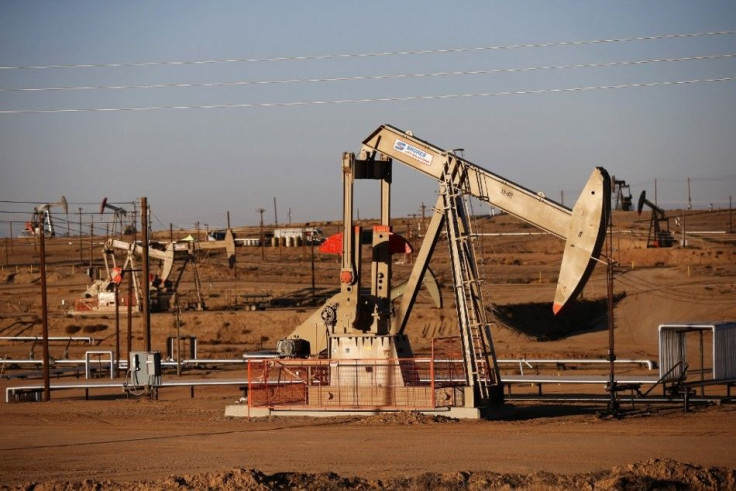U.S. Targets Buyers of ISIS Oil, Threatens Sanctions

The United States on Thursday warned buyers of the ISIS' illegally sourced oil of "powerful and international sanctions" should they continue purchasing the global commodity from the group. A senior US official has likewise disclosed plans of bombing the oil pipelines in Syria if only to stop the radicals' main source of income.
In a statement, U.S. Treasury Undersecretary David Cohen admitted the ISIL is now "probably the best-funded terrorist organization we have confronted." The ISIS' brutal and blood-hungry campaign has enabled it to amass large swaths containing oil fields in Iraq and Syria. If the group remains uncontrolled and unsubdued, "it could pose a threat to the United States and its allies," Cohen said.
The ISIS has been reported to be earning $800 million per year, or $2 million daily, just by selling oil to the blackmarket. Each barrel is sold even at half the price pegged in the world market, between $25 and $60 each. Just three months ago, ISIS captured the largest oilfield in Syria which has a capacity to produce 75,000 barrels a day.
Apart from oil sales, Cohen said the ISIS also gets to gather tens of millions of dollars monthly through ransom, extortion and other criminal activities as well as support from wealthy donors. Fuel that the ISIS managed to seize are reportedly sold back to the Damascus regime through local deals. Others are shipped to Turkey.
Going after individuals and companies that are buying ISIS oil might take some time and require accurate intelligence. That's why the U.S.-led coalition is now seriously thinking if it should destroy some of the pipelines the ISIS has acquired for a much more immediate effect.
"The financing of this barbaric organisation allows it to continue its operations. What we have to do is degrade its abilities and, ultimately, to destroy it," the Irish Independent quoted Julieta Valls Noyes, the US deputy assistant secretary for European affairs.
While airstrikes targeted towards the oil fields controlled by the ISIS have reduced its oil revenues, Cohen said these are not fool-proof solutions that could eventually hamper the group. "We have no silver bullet, no secret weapon to empty ISIL's coffers overnight."





















